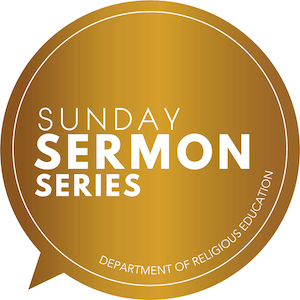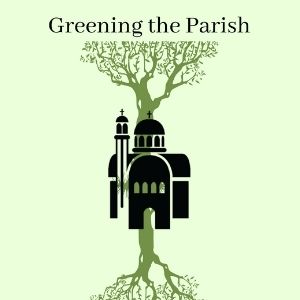Special Note during the Pandemic:
For the protection of all the faithful in light of new variants of the Coronavirus, the Metropolis of Chicago is urging all the faithful to wear masks during services and activities at church in order to protect our sisters and brothers in Christ, whether or not one is vaccinated. If able and in consultation with medical professionals, you are encouraged to be vaccinated for your protection and that of others.
For those not vaccinated or who choose to practice social distancing, a number of reserved pews for seating at the services is maintained.
All who have concerns should consult with their doctors--not the internet or social media sites!
DURING THE WEEK
We continue the Nativity Fast, on all weekdays (except certain feasts) abstaining from all meat, dairy, wine, oil and regular fish (shellfish permitted). On Saturdays and Sundays of the Fast, wine and oil are permitted.
Thursday, December 2
7:00 p.m. Bible Study (in person)
Sunday, December 5 : Tenth Sunday of Luke
8:15 a.m. Divine Services
NEW PARISH EMAIL LIST SERVE: If you have not been receiving our emails each week, including our monthly newsletter, please forward your email address to our Parish Office.
 With new leadership for the Department of Religious Education comes a new initiative. The Department of Religious Education of the Greek Orthodox Archdiocese of America is pleased to announce the launch of the Sunday Sermon Series.
With new leadership for the Department of Religious Education comes a new initiative. The Department of Religious Education of the Greek Orthodox Archdiocese of America is pleased to announce the launch of the Sunday Sermon Series.
 This week’s “How-to” Green Your Parish episode features Franchesca Duval “It’s Not Politics!”
This week’s “How-to” Green Your Parish episode features Franchesca Duval “It’s Not Politics!”

